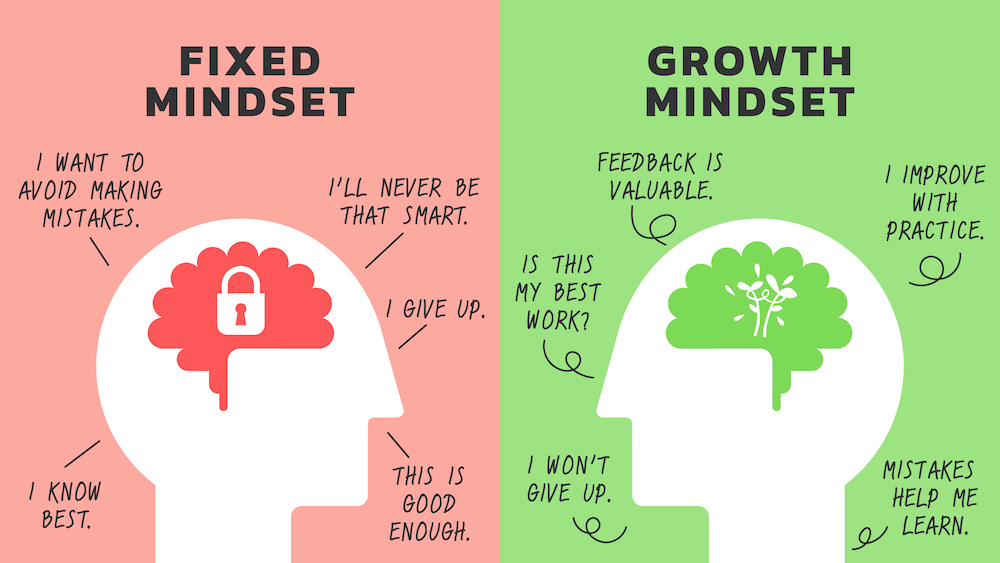disclaimer
**DISCLAIMER: Our mental health resources, including text, articles, programs, videos, tools, and graphics, are provided for informational purposes only. They are intended to foster understanding and support within our community but are NOT substitutes for qualified healthcare professionals. For immediate help, please call 9-8-8.**
MENTAL HEALTH SUPPORT
mental health
GET HELP NOW!
National Suicide Prevention Hotline 9-8-8
24-Hour Domestic Violence & Sexual Assault Hotline 703-777-6552
LAWS Domestic Violence & Sexual Assault Crisis Center
THE LINK BETWEEN SOCCER AND MENTAL WELLNESS
Mental health is just as important as physical health, especially for youth athletes. While soccer is a great way to stay active and have fun, it’s important to recognize the mental challenges players may face. From performance stress to conflicts with teammates or coaches, these experiences can impact their well-being.
Let’s break the stigma around mental health in sports! Soccer is more than just a game—it’s an opportunity to build confidence, foster connections, and develop resilience.
Please check out the resources provided on this page to stop the growth of mental health struggles in our youth athletes and instead help grow confidence and fun in the game!
The Mental Heath Benefits of Soccer
Soccer creates a unique space for personal and social development. Here’s how it supports mental health:
- Encourages Positive Mindsets: Physical activity triggers feel-good brain chemicals, reducing stress and improving mood.
- Builds Resilience: Learning to handle wins, losses, and setbacks teaches players how to adapt and grow.
- Develops Social Connections: Being part of a team fosters belonging, trust, and strong relationships.
- Boosts Focus and Creativity: The fast pace of soccer enhances problem-solving, decision-making, and critical thinking.
- Inspires Confidence: Achieving goals and improving skills helps players believe in their abilities.
These benefits extend far beyond the field, helping players succeed in school, relationships, and other areas of life.
Navigating the Challenges of Soccer
While soccer offers many mental health benefits, young athletes often face challenges, including:
- Pressure to Perform: The drive to excel can create stress and anxiety.
- Balancing Priorities: Managing school, sports, and social life can feel overwhelming.
- Conflicts: Disagreements with teammates or coaches can impact morale.
- Coping with Setbacks: Injuries, mistakes, or not making the team can affect self-esteem.
These experiences are common, but they don’t have to define a player’s journey. By addressing these challenges head-on, we can create a positive and supportive environment for every athlete.
How to Support Young Players’ Mental Health
For Coaches:
- Foster a positive, inclusive team culture.
- Emphasize effort and improvement over winning.
- Check in with players about how they’re feeling—not just physically, but emotionally.
- Encourage open discussions about mental health and normalize seeking help.
For Parents:
- Celebrate your child’s effort and growth, not just their results.
- Avoid putting unnecessary pressure on performance.
- Be a source of support when things don’t go as planned.
- Model healthy attitudes about competition and teamwork.
Together, coaches and parents play a critical role in shaping an athlete’s experience and ensuring they enjoy the game while staying mentally strong.
DISCLAIMER
**DISCLAIMER: Our mental health resources, including text, articles, programs, videos, tools, and graphics, are provided for informational purposes only. They are intended to foster understanding and support within our community but are NOT substitutes for qualified healthcare professionals. For immediate help, please call 9-8-8.**





